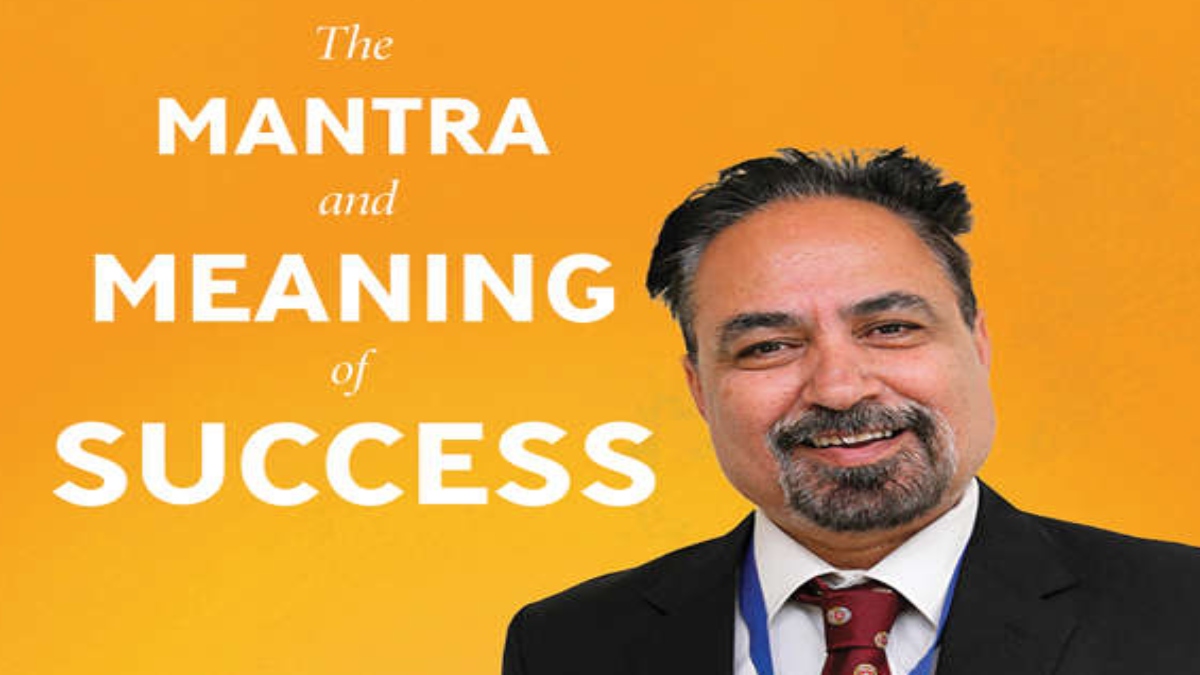There are several reasons why the creative spirit can be disturbed by success. The phenomenon itself is well documented, but philosophers and psychologists either have not considered the issue important enough to investigate or have not, in any event, provided a satisfactory explanation for why it happens. I can think of at least three reasons.
1. The rise of the ego Success makes you self-conscious. You become more aware of yourself, but not in a positive way—rather, it must be said, in a negative way. You feel you are somebody; your ego is constantly massaged by friends, fans and the media. With the rise of an ego which lay dormant when you were nobody, or at least nobody important, you cease to be a messenger for the beyond, which is where the creative spirit lives. This is what happened with Khalil Gibran, who kept writing after he became world-famous but could never match the eloquence of The Prophet, his own creation. This is what happened with Arundhati Roy and The God of Small Things; this is what happened with Mario Puzo and The Godfather. And this is what has happened with scores of other creative spirits. The rise of the ego creates a kind of disorder in the personality. A person becomes more self-conscious, and the feeling of self-importance can become overwhelming. Remaining grounded is not easy. Unlike the others who are mentioned above, why did M.F. Hussain continue to paint till the end of his days? Why did his creative spirit not freeze? Or for that matter take Salman Rushdie, who won the Booker Prize long before Arundhati, but went on to write many more important novels, even being awarded with the Booker of Bookers at a later stage. There are no clear answers to such questions. The creative phenomenon is a mysterious one. In Hussain’s case, I like to think that it may have had something to do with the fact that he rose up from the slums of Mumbai. Did his struggles for very many years keep the painter grounded even after he became a star feted and recognised on the international circuit? I consider ego to be the primary cause for the phenomenon of ‘freezing’, but there may be other factors as well. I speak a little later about the importance of leisure.
2. The pressures of success Once you are successful, there is pressure on you to maintain that success. Pressure to create is never good because it introduces the idea of timelines, and the free spirit is no respecter of time. It lives in eternity. There is a reason Vikram Seth could not complete An Unsuitable Boy, the sequel to A Suitable Boy, the novel that Made him a literary star and a millionaire. The author tried hard, but after several extensions let down his publisher and his agent, despite having taken an advance. What happened? His creative spirit had frozen. Strict deadlines are never good for the true artist. I remember reading a book by a famous Indian journalist, where the scribe blamed journalism for destroying the writer and potential novelist in him. Now, many of us may think that if you want to be a great writer of books it makes sense to become a journalist. It will help you make a living till the time that your first book is a great critical and commercial success. It will keep you connected with the craft of writing, with other scribes and with the publishing world in general.All of this sounds logical enough, but if you are forced to churn out material, factory-like, sticking to deadlines that your editor sets you every week, the well of creativeness within you will start to dry up. It’s like the farmer who uses too much fertiliser and plants crop after crop, which suck up all the water in the land without allowing time for it to be replenished. There is a famous saying that sums up the issue: ‘The desire to finish in an artist is criminal.’
3. The importance of leisure and space A third reason why the creative spirit might freeze is that once you attain stardom of a kind, irrespective of the sphere in which you have attained it, your life and lifestyle change. Many successful people have written about how their life changed once they were successful. In India you are besieged by chamchas, for one thing. The media hound you. Leaving aside those who gather around and wish to bask in your reflected glory, there are other important people who also wish to be close to you. For instance, Subodh Gupta, a rising young Indian artist, was invited by Shah Rukh Khan to a party in his house because Shah Rukh’s wife, Gauri, noticed his work when it was exhibited at the Saatchi Gallery in London. With success, your circle of friends automatically expands. You now do not have the same leisure and space that you had before.
The famous philosopher Bertrand Russell wrote an essay titled ‘In Praise of Idleness’. In that essay, he says that idleness is unnecessarily much maligned. It is in our idle moments that we uncover new truths and make fresh discoveries. The essay is an interesting one, but the title is a clever distortion designed to make the essay sound more provocative to potential readers. Russell should rather have titled his essay ‘In Praise of Leisure’.
After all, it is up to the person what he wishes to do with his leisure time. He may choose to be idle, or he may choose to spend his time creatively. Russell may argue that it is sometimes in idle moments that we have a breakthrough, but on the other hand, even in those seemingly idle moments, our subconscious is busy at work. The issue is having the leisure, time and space to do the things you wish to do.
The excerpt is from ‘The Mantra and the Meaning of Success’ (Bridging Borders).























